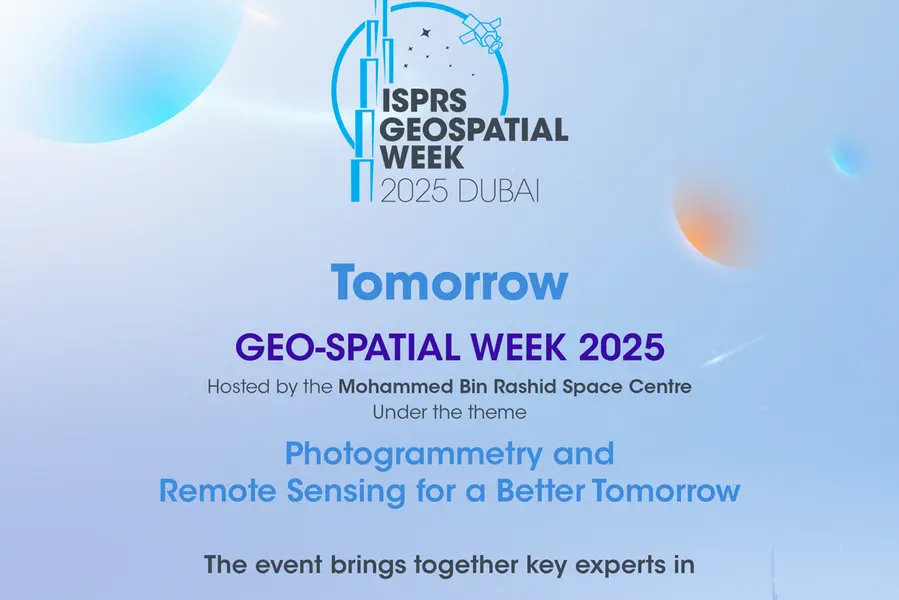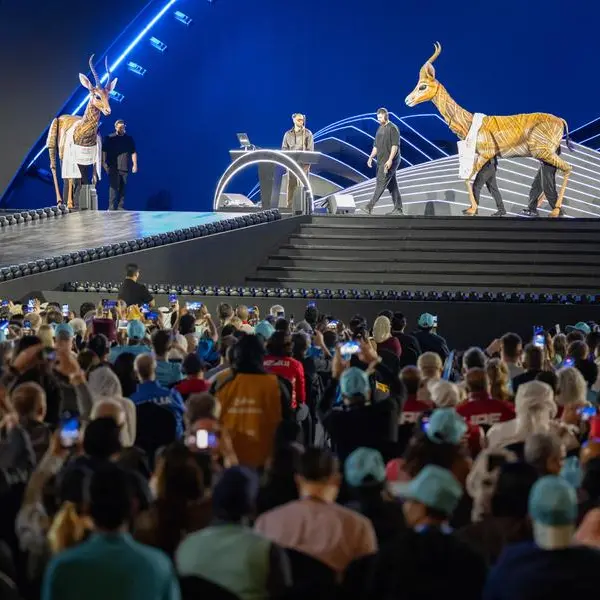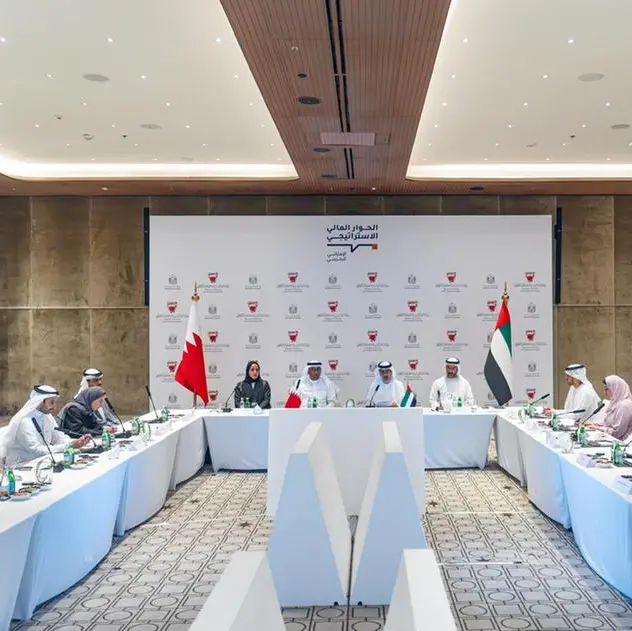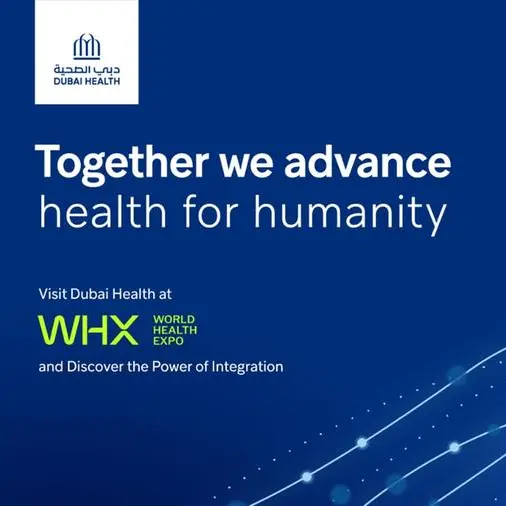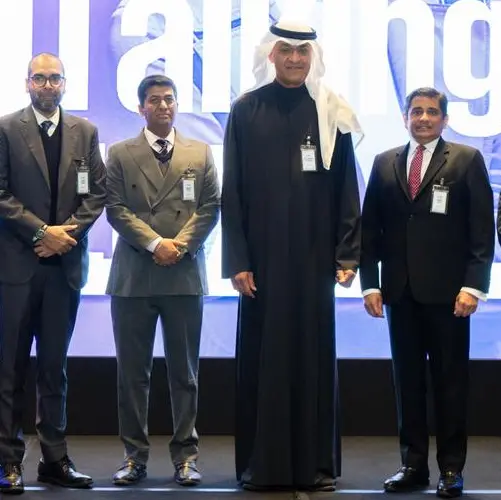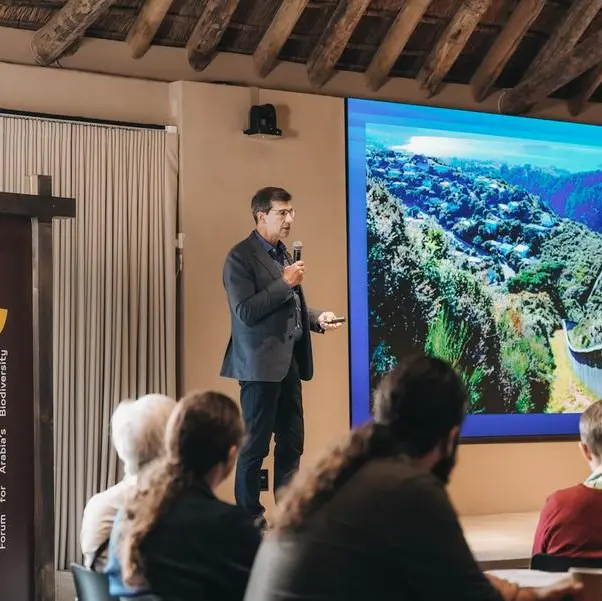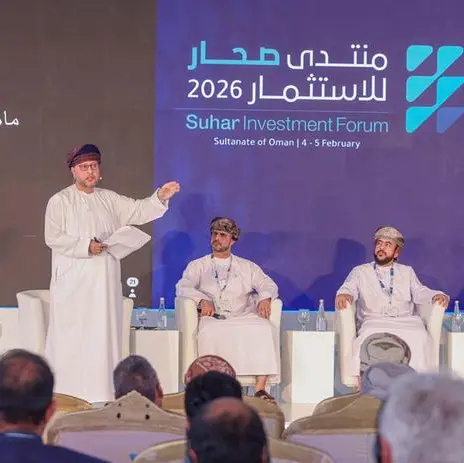PHOTO
Dubai – UAE: Geospatial Week 2025 (GSW 2025), hosted by Mohammed Bin Rashid Space Centre (MBRSC), in collaboration with the International Society for Photogrammetry and Remote Sensing (ISPRS), is all set to begin tomorrow at the World Trade Centre in Dubai. The event, running from 7 to 11 April 2025, under the theme “Photogrammetry and Remote Sensing for a Better Tomorrow,” will welcome leading voices from around the globe to explore the latest advancements in geospatial science and technology.
GSW 2025 promises an engaging five-day programme featuring a wide range of workshops, plenary sessions, oral and poster presentations, as well as a comprehensive scientific exhibition spotlighting pioneering technologies and solutions from both local and international geospatial companies.
The event is designed to facilitate high-level knowledge exchange and dynamic networking opportunities, attracting industry leaders, satellite operations executives, researchers, academicians, innovators, and young professionals. With a focus on enabling new partnerships and collaborative efforts, GSW 2025 aims to accelerate progress in spatial sciences and promote sustainable applications of photogrammetry and remote sensing.
GSW 2025 aims to strengthen communication within the ISPRS community and beyond, ensuring that its activities gain increased visibility and impact each year. The event also presents an excellent opportunity for sustaining members to engage in ISPRS activities and contribute to the organisation's mission.
-Ends-
For Media Queries:
MBRSC Media Team - mbrsc@quillmena.com
ABOUT MOHAMMED BIN RASHID SPACE CENTRE (MBSRC):
MBRSC is an advanced scientific and technological hub, responsible for making the UAE a world leader in space services and exploration.
Starting with a small team of dedicated engineers in 2006, MBRSC has grown into the incubator of the UAE National Space Programme, fostering scientific research, and building a sustainable space sector in the UAE. MBRSC is home to the Satellite Development Programme, UAE Astronaut Programme, and Emirates Lunar Mission, among others. Under its satellite programme, the Centre has built, developed, and operated several Earth observation satellites, including DubaiSat-1; DubaiSat-2; KhalifaSat, the first satellite that was fully built by Emiratis; MBZ-SAT, the most advanced satellite in the region and the recently launched Etihad-SAT, the Centre’s first SAR satellite.
MBRSC is also developing the Emirates Airlock, a crew and science airlock module for the Gateway lunar space station, humanity's first international outpost to orbit the Moon. Additionally, the UAE will also be sending an Emirati astronaut on a Moon mission. Under the UAE Astronaut Programme, MBRSC currently has four astronauts, two of who have undertaken missions to the International Space Station, including the longest Arab space mission in history by H.E. Dr. Sultan Saif AlNeyadi.
